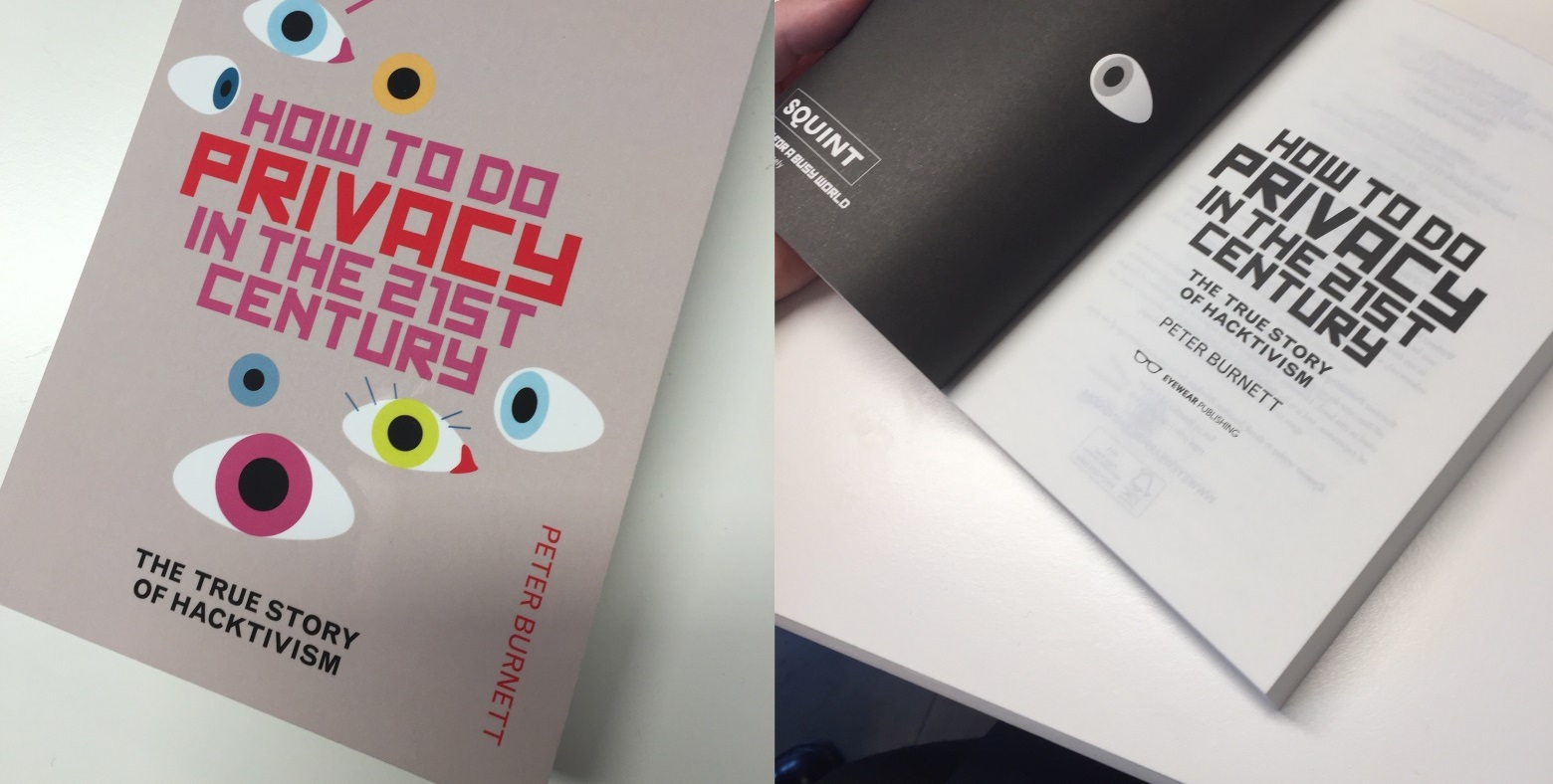What’s the first thing we hear? Volker Spengler’s boots coming down a set of stairs, and he cocks them nicely while we read that this is Tango Films Nummer Neun. When all things coincide, the art is good – in this case an actor and director, both in a career best. Certainly, Volker Spengler as Elvira is as memorable a master class in acting as one could ever hope to see – and In a Year of 13 Moons must surely be one of the best Fassbinder’s out there. I know that it is many people’s favourite.
Knowing Fassbinder however, it would probably be wrong to class this picture as LGBT cinema, as Fassbinder was more interested in outsiders per se, than he was in sexuality. Think of all his great ‘outsider’ characters, and Elvira is pretty much up there, at the top of the list.
I might have to get this out of the way first, but the most difficult aspect of the film is probably its core: Spengler screaming the words of Goethe in a slaughterhouse, to the accompaniment of a Handel organ concerto. It’s to this we must keep returning. Structurally, the slaughterhouse scene doesn’t add anything in terms of story, and thematically it’s there for a couple of straightforward reasons: firstly Elvira worked there, in the only trade she has really ever had, and one that made her happy; and then it is a reflection of Erwin’s own self-butchery.
It’s a great performance, let’s say it again; the way that Elvira crawls over the railway tracks and into the hedge after being beaten up at the start – why is that so sad and so funny? He makes visiting the slaughterhouse and coming home to auto-asphyxiate and masturbate, look so natural and normal.
The amusement arcade brings to mind the even crazier noises of The Third Generation, and Fassbinders’ enjoyment of the games, combined with the music, and the games themselves is worth it. the fact that Elvira still hangs in the same places, but now cried ridiculously, only to be rescued again by Ingrid Caven, who does a Fassbinder-Ballhaus twirl around the guy who beat up Elvira at the opening.
Caven’s fairy tale is the centre point of the film, the calm point in the hurricane of Elvira’s experience. It’s told slowly, seductively, boringly even, and yet in its clock-ticking silence it is purely compelling cinema. I imagine the story, with its overtones of cannibalism, innocence of youth, and protection to be one of Fassbinder’s own inventing. Caven’s skill is that she tells the story so tragically, and it is tragic – the sister’s guilt at her hunger, and her brother’s self-sacrifice, all overshadowed by their fear of what their parents would say about what was happening to them.
It’s near the end when Caven as Zora and Gottfried John as Anton Saitz, begin making love with such ease that we feel for Elvira who could never achieve such simple and quick passion, that Elvira begins once more to change, effecting the guise she did at the start of the film, that of a man. She makes a weird man, all right, in trousers that are a little too short and a walk that is more avian than Aryan.
Well, madness is a fair response. When Elvira tries to become a man again, at least on the surface for the sake of the family, in a scene of unbearable pathos at the end, he can’t even react to his woman’s name and so turns away, as if he were some kind of Shakespearean ghost. His wife and daughter laughs – but she is only laughing at the madness of the situation, not at Elvira in men’s clothing.
At the root of Elvira’ story is something quite simple, that we can all relate to – an impulsive one off action that has consequences that we feel forever – perhaps consequence enough to drive us to suicide in the end, as here. We know what’s on Elvira’s mind pretty much from the start. Her final confession to her family is spoken as much to herself and us as anybody else, and her last attempt at living is to tell the family that he might just be able to continue with them, should they have him, but we can only imagine how much harm he has already done to this family, and are sure they will not take him back.




